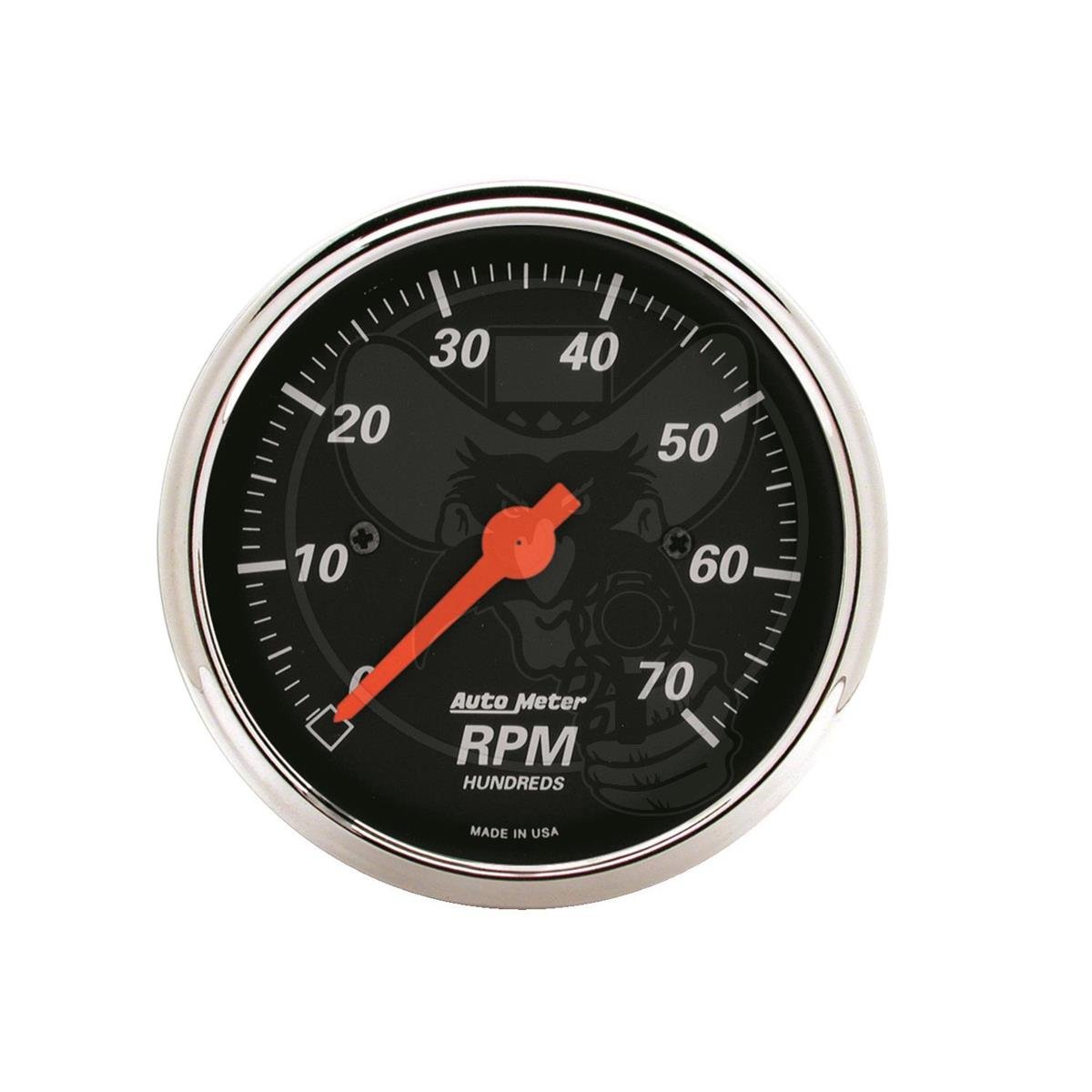The Value of a Tachometer in Keeping An Eye On Engine Rate and Performance in Automotive Applications
In the world of automobile design, the tachometer stands as a critical tool in the chauffeur's collection, offering a straight home window into the internal workings of an automobile's engine. Past its function as a simple scale of revolutions per min (RPM), the tachometer offers as an important device for enthusiasts and experts alike, supplying real-time insights into engine efficiency and health. Comprehending the value of this device surpasses surface-level monitorings, diving right into the intricate connection in between engine rate, power result, and overall driving experience. As we check out the diverse duty of the tachometer in automotive applications, a deeper recognition for its effect on vehicle dynamics and effectiveness starts to arise.
Value of Checking Engine RPM
Checking engine RPM, or changes per min, is an important facet of vehicle upkeep and performance assessment. Engine RPM directly correlates with the rate at which the engine's crankshaft revolves, showing how rapidly the engine is running - tachometer. By keeping an eye on RPM, auto mechanics can examine the health and wellness of the engine, discover potential issues, and fine-tune efficiency. An uncommon RPM analysis may signal troubles such as engine misfires, malfunctioning ignition system, or issues with the gas shipment system. Regularly high RPM readings can suggest aggressive driving habits or the demand for a greater gear change to enhance fuel performance.
Moreover, monitoring engine RPM is crucial for performance evaluation in auto racing and high-performance vehicles. Keeping ideal RPM levels is vital for accomplishing peak power result and acceleration. Racers often make use of tachometers to ensure they are running within the optimal RPM range for optimum performance. In recap, keeping an eye on engine RPM is not just important for detecting concerns but additionally for enhancing engine efficiency in different auto applications.

Advantages of Real-Time Information
In automotive applications, real-time data plays a vital duty in offering instantaneous insights right into the performance and condition of the car. By continually checking numerous parameters such as engine rate, temperature level, fuel consumption, and much more, real-time information uses countless advantages that add to enhanced efficiency and safety on the road.
In addition, real-time information assists in performance optimization by giving instant responses on driving routines and engine efficiency. Vehicle drivers can adjust their actions in real-time based on this info to attain much better gas economic climate and prolong the life expectancy of their vehicle.

Additionally, real-time data plays a crucial role in contemporary automotive diagnostics, allowing technicians to swiftly diagnose and attend to malfunctions. This causes reduced downtime, lower upkeep costs, and eventually, boosted overall automobile integrity and longevity (tachometer). By taking advantage of the power of real-time information, automobile stakeholders can make educated choices that favorably impact both the performance and durability of the vehicle
Influence On Gear Shifts
Reliable equipment changes in automotive applications substantially affect total efficiency and driving experience. The tachometer plays an essential function in maximizing equipment changes by providing real-time engine speed information to the vehicle driver. When approaching the redline on the tachometer, it signals the motorist to upshift to avoid over-revving the engine and creating potential damage. On the other hand, downshifting at the ideal minute can help preserve the engine in its power band, making certain receptive acceleration when needed.
Additionally, the tachometer help in achieving smoother equipment shifts, specifically in manual transmissions. By monitoring engine rate, vehicle drivers can implement equipment shifts at the optimal RPM array, lowering snagging motions and minimizing endure the transmission elements. This precision on duty adjustments not just enhances driving convenience however likewise adds to sustain effectiveness.
Enhancing Fuel Performance
Provided the crucial role the tachometer plays in maximizing gear changes for performance and engine health, it Get More Info straight contributes to taking full advantage of fuel performance in vehicle applications. By providing real-time responses on engine speed, the tachometer aids motorists in maintaining one of the most efficient RPM variety for fuel economic situation. When chauffeurs continually keep an eye on the tachometer and adjust their driving habits appropriately, they can avoid unnecessary gas consumption created by over-revving or lugging the engine.
Furthermore, the tachometer assists motorists determine the most fuel-efficient equipment to be in at any kind of provided minute, protecting against the engine from functioning harder than necessary. In conclusion, the tachometer serves as a valuable tool click for more in improving fuel effectiveness by promoting optimal driving practices and identifying areas for improvement in the vehicle's performance.

Maximizing Engine Durability
The tachometer's duty in keeping track of engine rate and performance is crucial in making sure the longevity of Go Here vehicle engines. Monitoring the tachometer enables drivers to remain within the recommended RPM variety for their lorry, avoiding unneeded strain on the engine and prolonging its lifespan.

Final Thought
In conclusion, the tachometer plays a critical function in monitoring engine speed and efficiency in automotive applications. By giving real-time data on RPM, it permits efficient equipment shifts, improved fuel effectiveness, and taken full advantage of engine long life. This tool is essential for preserving optimal engine efficiency and guaranteeing the total functionality of an automobile.
Comments on “Top Reasons Why Every Chauffeur Requirements a High-Quality Tachometer”